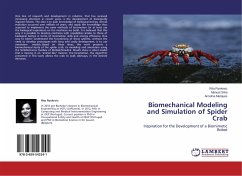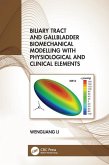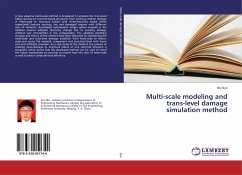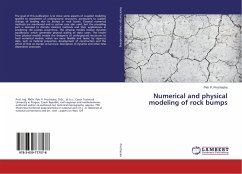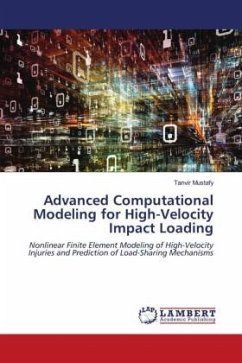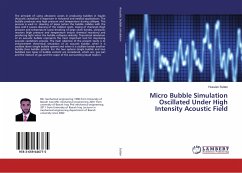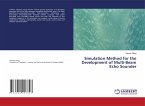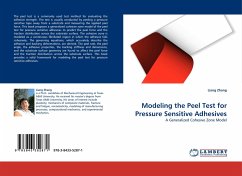One line of research and development in robotics, that has received increasing attention in recent years, is the development of biologically inspired robots. The idea is to gain knowledge of biological beings, whose evolution occurred over millions of years, and apply the knowledge thus acquired to implement the same methods of locomotion (or at least use the biological inspiration) on the machines we build. It is believed that this way it is possible to develop machines with capabilities similar to those of biological beings in terms of locomotion skills and energy efficiency. One way to better understand the functioning of these systems, without the need to develop prototypes with long and costly development, is to use simulation models. Based on these ideas, this work presents a biomechanical study of the spider crab, its modeling and simulation using the SimMechanics toolbox of Matlab/Simulink. Results show a robot model that is moving in an "animal like" manner, the locomotion, the algorithm presented in this work allows the crab to walk sideways, in the desired direction.
Bitte wählen Sie Ihr Anliegen aus.
Rechnungen
Retourenschein anfordern
Bestellstatus
Storno

